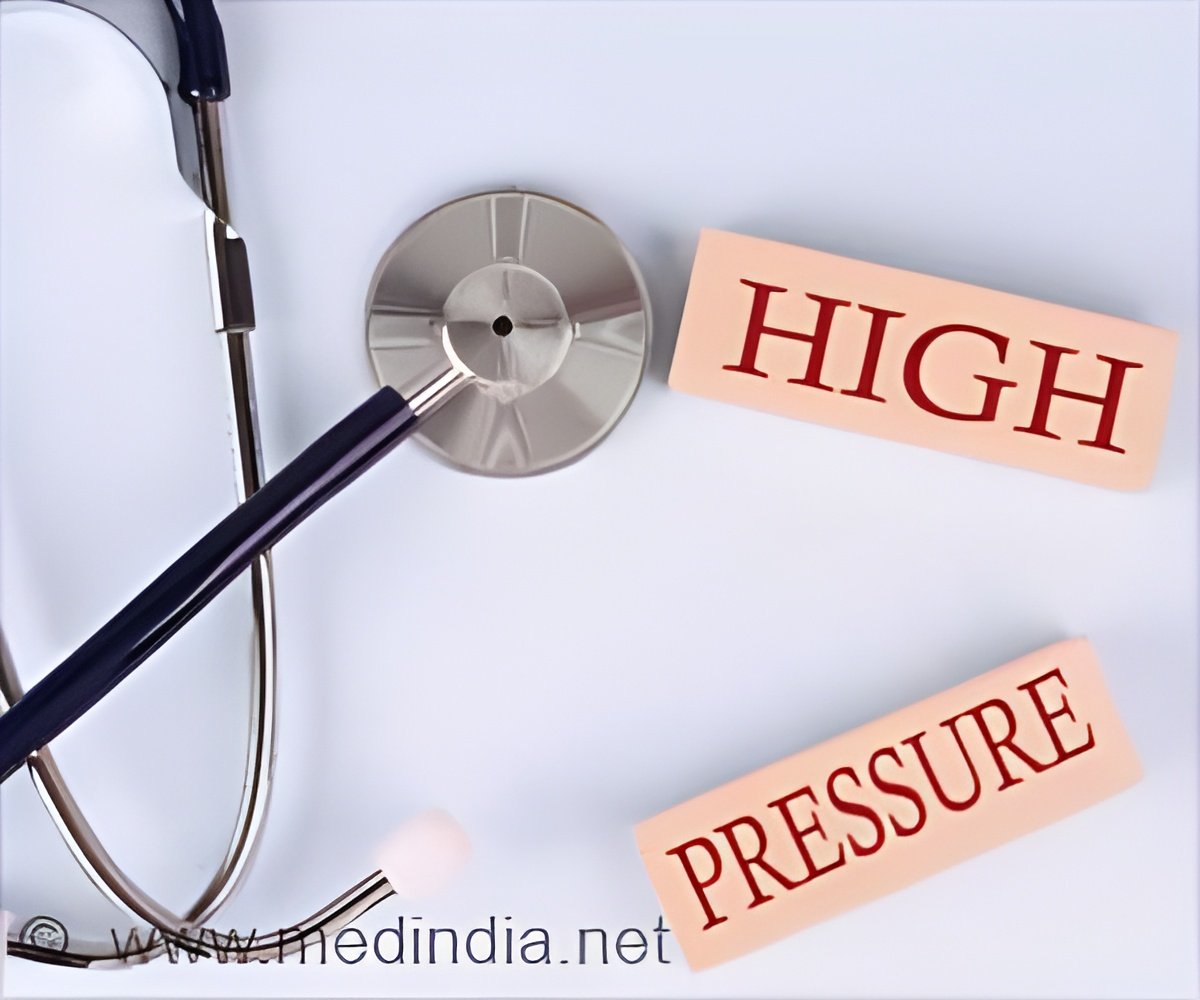
- Eating cruciferous vegetables can reduce systolic blood pressure by an average of 2.5 mmHg
- This reduction in blood pressure can decrease the risk of major cardiovascular events by 5%
- Cruciferous veggies like broccoli and cauliflower are easy to incorporate into your diet for heart health benefits
When you think about keeping your heart healthy, what comes to mind? Maybe cutting back on salt, reducing stress, or even getting more exercise? But here’s a tasty and simple addition you might not have thought of: cruciferous vegetables. Yes, those humble greens like broccoli, cauliflower, and kale might just be your new best friends in the fight against high blood pressure.
Advertisement
Why Are We Talking About Cruciferous Veggies?
Let’s be real- when you hear “cruciferous vegetables,” your mind might jump to those overly steamed, mushy veggies your mom insisted you eat as a kid. But hold up! These green powerhouses are packed with nutrients that can do wonders for your health, especially when it comes to your heart.
Cruciferous vegetables are not just any veggies- they belong to a special family that includes broccoli, cauliflower, kale, Brussels sprouts, and more. These veggies are loaded with vitamins, minerals, and unique compounds that have been linked to lowering blood pressure. And if you are dealing with mild to moderately high blood pressure, these greens could be the game-changer you didn’t know you needed.
Advertisement
How Cruciferous Veggies Can Keep Your Heart Healthy
So, what’s the big deal about these veggies? A recent study published in BMC Medicine sheds light on how eating cruciferous vegetables could actually lower your blood pressure (1). Researchers conducted a controlled study with 18 participants, aged 56 to 72 years, who had slightly elevated blood pressure. The participants were asked to consume four servings of cruciferous vegetables each day for two weeks. The results? A significant drop in their systolic blood pressure– the top number in a blood pressure reading- by an average of 2.5 mmHg.
This might not sound like much, but here’s the kicker: this small reduction can lower the risk of major cardiovascular events, like heart attacks or strokes, by 5%. That’s a big deal!
Advertisement
Why are Cruciferous Veggies So Powerful?
You might be wondering, what is it about cruciferous vegetables that makes them so special? Well, these veggies are rich in micronutrients and bioactive compounds, like glucosinolates, which have been shown to have anti-inflammatory and antioxidant properties. In simple terms, these compounds help protect your blood vessels, reduce inflammation, and keep your heart ticking smoothly.
Plus, cruciferous veggies are high in fiber, which is a double win. Fiber helps you feel full longer, aids in digestion, and can even help lower cholesterol levels. It is like getting a multi-tool for your health in one delicious package.
How to Get More Cruciferous Veggies into Your Diet
Now that you know how beneficial these veggies are, the next question is, how do you get more of them into your diet? The good news is that it’s easier than you think!
- Smoothies: Start your day with a green smoothie. Throw in some kale or spinach with your favorite fruits, and you’ve got a heart-healthy breakfast that’s as tasty as it is nutritious.
- Roasted Veggies: Roasting cruciferous vegetables like Brussels sprouts or cauliflower brings out their natural sweetness. Toss them in a bit of olive oil, sprinkle with your favorite herbs, and roast until crispy.
- Soups: Add chopped broccoli or cabbage to your soups and stews. Not only will this boost the nutrient content, but it’ll also add a satisfying crunch.
- Snack Smart: Instead of reaching for chips, try snacking on raw broccoli or cauliflower with a side of hummus. It’s crunchy, satisfying, and oh-so-good for your heart.
While this study is promising, it is important to note that it had a small sample size and was short-term. This means that while the results are exciting, more research is needed to fully understand the long-term effects of cruciferous vegetables on blood pressure.
However, adding more of these veggies to your diet is a simple and delicious way to improve your overall health. And who knows? You might just find yourself feeling a little more energized and a lot more heart-healthy.
Incorporating more cruciferous vegetables into your diet might seem like a small change, but it can have a big impact on your health. Whether you are looking to lower your blood pressure, improve your heart health, or just eat better, these veggies are a powerhouse of nutrition. So next time you’re at the grocery store, don’t forget to stock up on broccoli, cauliflower, and kale- your heart will thank you!
References:
- Cruciferous vegetables lower blood pressure in adults with mildly elevated blood pressure in a randomized, controlled, crossover trial: the VEgetableS for vaScular hEaLth (VESSEL) study
(Connolly, E.L., Liu, A.H., Radavelli-Bagatini, S. et al. Cruciferous vegetables lower blood pressure in adults with mildly elevated blood pressure in a randomized, controlled, crossover trial: the VEgetableS for vaScular hEaLth (VESSEL) study. BMC Med 22, 353 (2024). https://doi.org/10.1186/s12916-024-03577-8)
Source-Medindia



